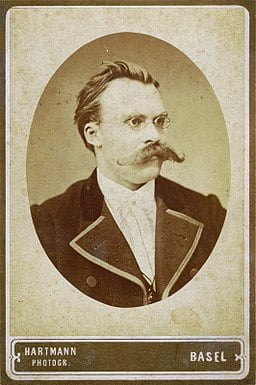The novel When Nietzsche Wept by Irvin D. Yalom
It is a fictionalized account of a meeting between the German philosopher Friedrich Nietzsche and the Austrian physician Josef Breuer in 1882. The novel explores the themes of grief, loss, and the redemptive power of friendship.
The novel begins with Lou Andreas-Salomé, who was involved with both Nietzsche and Breuer, writing to Breuer asking him to help him, who is suffering from profound depression. Breuer is reluctant at first, but he eventually agrees to treat him using his new “talking cure,” which is based on the idea that by talking about their problems, people can begin to heal.
Through their sessions, They begin to open up to each other about their deepest pain. Nietzsche talks about his grief over the death of his friend Richard Wagner, while Breuer talks about his own struggles with guilt and regret. As they share their stories, they begin to form a deep bond of friendship.
The novel ends with them parting ways, both of them feeling a sense of hope and renewal. Nietzsche goes on to write some of his most famous works, including Thus Spoke Zarathustra, while Breuer continues to develop his “talking cure,” which eventually becomes known as psychoanalysis.
It is a powerful and moving novel that explores the human capacity for both suffering and healing. It is a story about the power of friendship, the importance of facing our pain, and the possibility of redemption.
The novel was adapted into a film in 2007. The film stars Armand Assante as Nietzsche, Ben Cross as Breuer, and Katheryn Winnick as Lou Andreas-Salomé.

